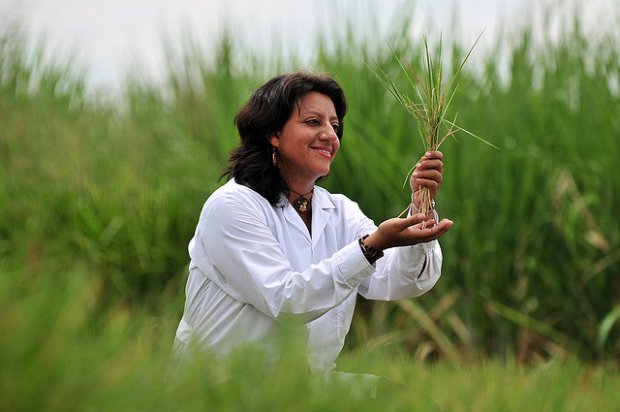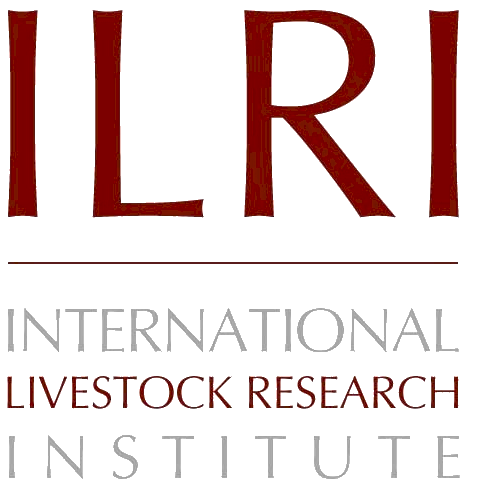
Researchers form a new consortium to improve soil health and water quality, and decrease greenhouse gas emissions through biological nitrification inhibition.
Global nitrogen fertilizer consumption has increased more than 10-fold since 1960s, but food grain production has only tripled in the same time period.
Globally, about 150 million tons of nitrogen fertilizer is applied to fields, but only 30% of it contributes directly to increasing crop yields. The remaining 70% of nitrogen often causes negative environmental consequences, including nitrous oxide (greenhouse gas) emissions and groundwater pollution from leaching. That 70% – representing an extra 105 million tons of nitogen fertilizer – also causes US$ 90 billion in economic losses annually.
If increasing nitrogen fertilizer use continues along the same trajectory, nitrogen applications will double by 2050 and will cause nitrous oxide emissions to quadruple from agriculture.
Need to decrease nitrification
Accelerated soil nitrification is the fundamental cause of diminishing returns from nitrogen fertilization in modern production systems and largely responsible for nitrogen pollution of the environment. Reduced nitrification is essential to improve nitrogen-use efficiency in agricultural systems, reduce nitrous oxide emissions, and improve water quality without compromising on crop yields.
Tools to help farmers more accurately gauge the need for nitrogen – and other – fertilizers are becoming more widely available. For example, Nutrient Expert® for maize and wheat, is available throughout India, and Nutrient Manager for rice are both widely available to researchers and farmers alike.
Decreased nitrification also happens naturally. Biological nitrification inhibition (BNI) is the ability of certain plants to suppress nitrifying activity by releasing nitrification inhibitors from root systems. This phenomenon has been observed in tropical grasses (Brachiaria spp.), food crops (sorghum) and wheat-wild relatives (Leymus spp). As part of a comprehensive approach incorporating genetic and agronomic management solutions, BNI-technology can reduce nitrogen losses, facilitate nitrogen retention and improve soil-health in next-generation climate-smart production systems.








